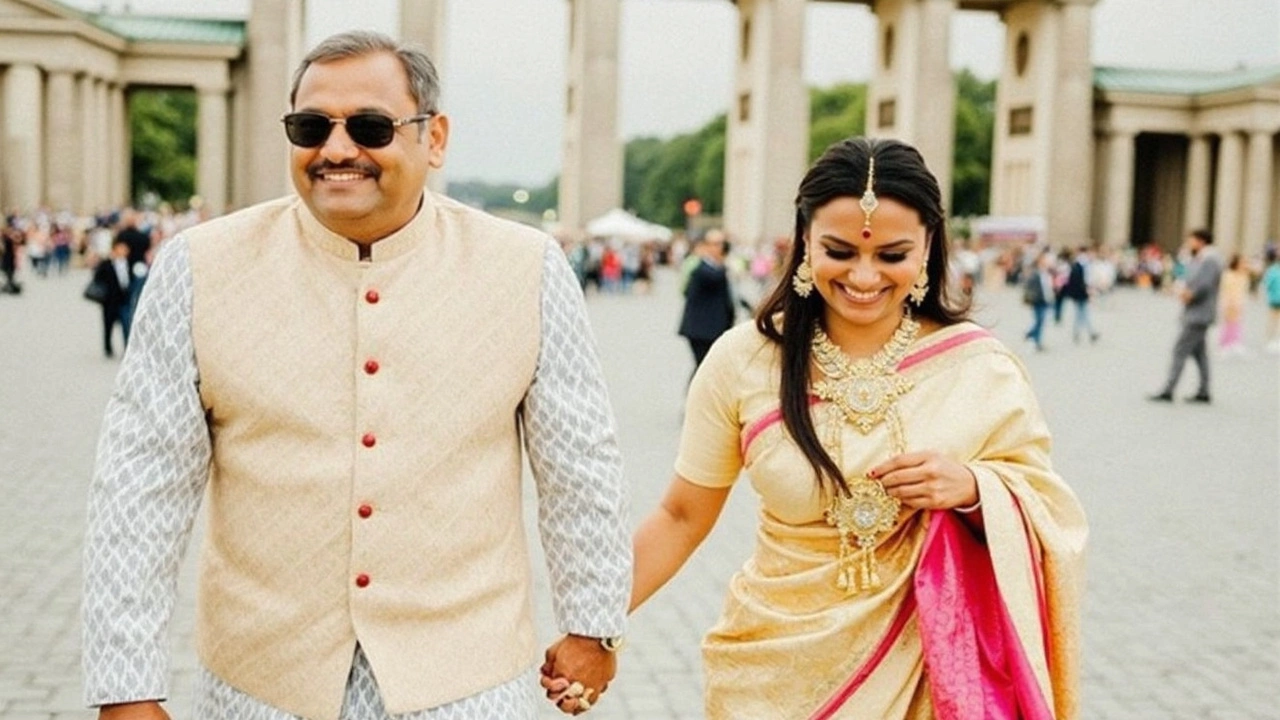Political Marriage: How Couples Influence Power and Policy
When two people tie the knot and both have political clout, the marriage becomes more than a love story. It turns into a strategic move that can shift voting blocks, merge party bases, and even rewrite policy priorities. In plain terms, a political marriage is when personal relationships boost public influence.
Why Politicians Choose to Marry Inside the Game
First, marriages unite two networks. Imagine each politician has a set of supporters, donors, and advisors. When they marry, those circles blend, giving the couple a bigger, more diverse base. This can help them win elections in places where one partner alone might struggle.
Second, shared values make campaigning easier. A pair that truly believes in the same issues can speak with one voice on the campaign trail, making their message clearer and more convincing. Voters often trust a couple who appears aligned on big topics like education, health, or the economy.
Famous Political Couples and What We Can Learn
Think of the Clintons in the United States. Bill and Hillary both held top offices, and their partnership kept the Democratic Party focused on certain policies for years. In India, the Gandhi-Nehru families have seen multiple generations marry within political circles, reinforcing their dynasty’s hold on power.
These examples show two things: a political marriage can cement a family’s long‑term influence and can also create a brand that voters recognize quickly. The brand often outweighs individual achievements because it’s tied to familiarity and trust.
But there are downsides. When a marriage becomes the centerpiece of a campaign, personal drama can spill into the public sphere. Scandals, divorces, or disagreements can hurt both careers at once. Also, critics argue that political marriages limit fresh voices, because the same families keep reappearing.
Modern voters are savvy. They look for authenticity and results, not just name recognition. To succeed, political couples need to prove that their partnership brings concrete benefits—like passing a law, improving services, or creating jobs—rather than just staying in the spotlight.In practical terms, if you’re a political strategist, ask whether a potential marriage will expand outreach, bring new funding, or strengthen policy messaging. If the answer is yes, it can be a powerful tool. If the risks outweigh the gains, it may be better to keep personal and political lives separate.
Overall, political marriage is a double‑edged sword. It can amplify power, widen influence, and simplify messaging, but it also ties two careers together, making both vulnerable to personal setbacks. Understanding the trade‑offs helps voters, journalists, and campaign teams see beyond the romance and focus on what the partnership actually delivers for the public.
